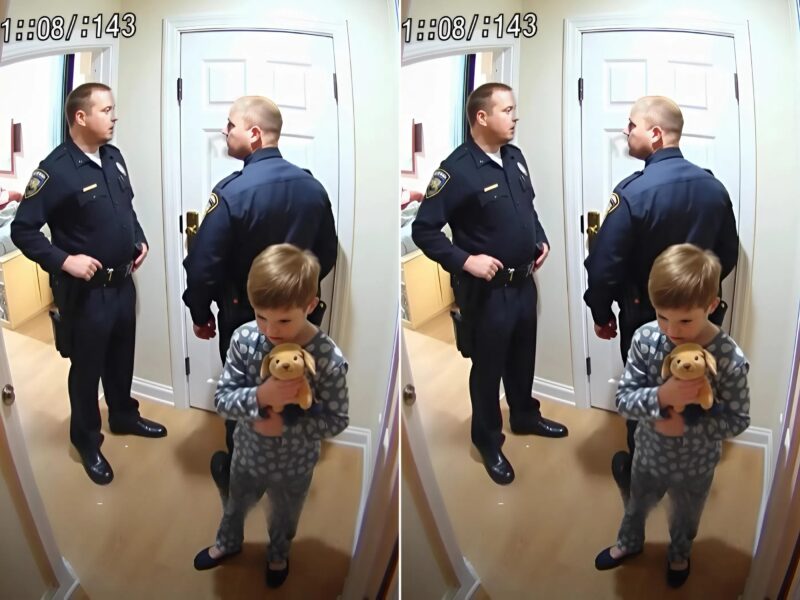Caring for an elderly parent or relative often means being watchful for changes in their health. Some shifts can be subtle and easy to miss, especially when it comes to something as serious as a mini-stroke, known medically as a Transient Ischemic Attack (TIA). These events are caused by a temporary blockage in the blood supply to the brain, and while the symptoms may be brief, they are a major warning sign that a more severe stroke could follow. Understanding what to look for can make a critical difference in getting them the help they need quickly.

The symptoms of a mini-stroke come on suddenly and can be startling. The most common sign is a sudden numbness or weakness, often isolated to one side of the body, affecting the face, arm, or leg. Your loved one might also experience sudden confusion, have trouble speaking, or find it difficult to understand what others are saying. Vision can be affected, too, with sudden trouble seeing in one or both eyes. Be aware of sudden dizziness, a loss of balance, trouble walking, or a lack of coordination. A sudden, severe headache with no apparent cause is another red flag that demands immediate attention.
Several factors can increase an elderly person’s risk of having a mini-stroke. High blood pressure, diabetes, high cholesterol, and heart disease are significant contributors. Lifestyle choices like smoking, a lack of physical activity, and being overweight also play a role. If you suspect a TIA, seeking immediate medical attention is the first and most crucial step. Doctors often treat these events with medications that thin the blood and prevent clots. They will also strongly recommend managing risk factors through a healthier diet, regular exercise, and quitting smoking. Recognizing these signs early is a powerful step in protecting your loved one’s health and preventing a future, more devastating stroke.


